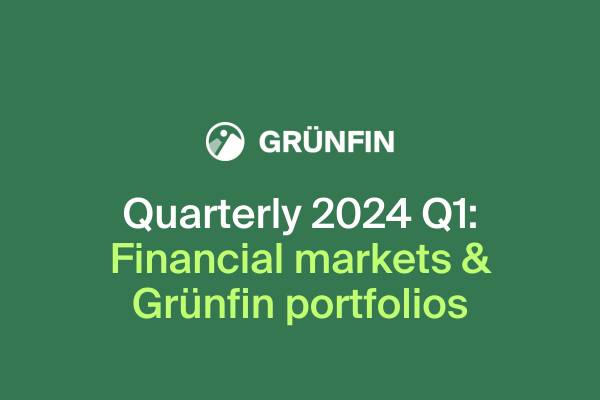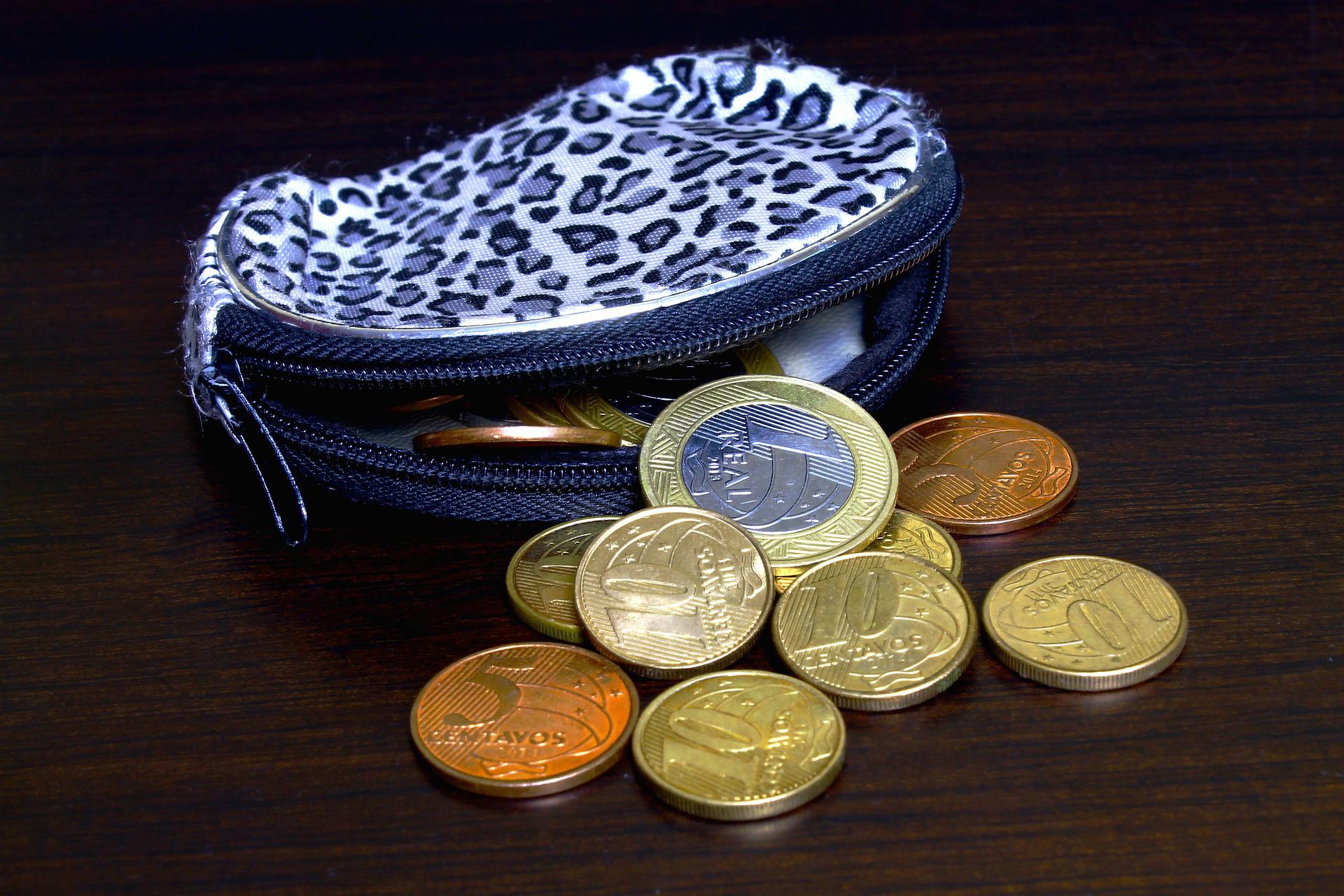Inflation means that prices rise. You get less for the same money. We show you simple ways to counter inflation.
The term inflation is on everyone’s lips right now. But what exactly is inflation?
Inflation means that prices are rising. You get less for the same money.
You can feel this especially if you’re a car driver and want to fill up your tank.
To determine the inflation rate, statistical authorities compare current prices with the prices of a year ago. Since not everything becomes more expensive at the same rate, there is a long list of products and offers from which an average value is calculated.
Since 2004, this list has comprised about 750 items, among others from the areas of
- housing,
- heating,
- food,
- clothing,
- mobility,
- leisure,
- culture,
- education,
- care and
- health.
For everything on this list, about 300,000 prices are recorded every month. This allows us to compare every month by how much the average price has increased or decreased. For example, May 2022 is compared to May 2021, May 2020 and May 2019.
How does inflation arise?
When prices rise, we speak of inflation. Price increases can have many reasons.
For example, the price of petrol is determined by the big oil companies. Since there are only a few suppliers worldwide, they can set prices almost at will. Higher prices mainly result in higher profits for the oil companies.
There are also many examples where a price increase is justified by added value. A car model from 2022 probably has better equipment than the model from the previous year.
Often, however, suppliers simply pass on increased costs to consumers.
Why is the topic of inflation so important at the moment?
In recent years, the inflation rate has been between 0.3% and 2.6% for the Euro zone.
Currently it is at 8.1% for the Euro zone.
This is dramatic, but no reason to panic. In the 1970s and 1980s we had similarly high rates for 20 years.
But it also means that you have to take action now to compensate for this loss of value. Simply waiting means that you get less for your money every year. Taking petrol as an example, that means only 23 litres instead of 34.
How can you best counter inflation?
There are two ways to do this:
- You should ask for a salary increase. The high rate of inflation and the increasing shortage of skilled workers give you two strong arguments. If you feel uncomfortable with this, you can seek help. There are many coaches who specialise in salary negotiation.
- You should look for a form of investment with a return that is higher than the rate of inflation. This means that savings books, savings bonds and government bonds are out of the question. What remains is the wide field of shares and share funds.
Shares - opportunity or risk?
What do you think of when you think of shares? Many people see shares as a quick way to become a millionaire. Others immediately think of stock market failures like WireCard. But both are extremes that you can’t plan for.
Your goal is to combine the highest possible return with the lowest possible risk. That is indeed possible. Better still, it is even simple, automatic, and suitable for small amounts.
The solution is only one step away from shares and is called equity fund.
How can equity funds help you earn a return despite inflation?
In an equity fund, the risk is spread over several companies. If one company fails - such as Wirecard in the DAX - the profits of the other companies cushion the damage.
This sounds a bit unwieldy, but it works very reliably.
For example, the DAX - despite WireCard and the global economic crisis - has achieved an average annual return of 8.9% over the past 41 years.
Anyone who invested the sum of 1,000 euros (then 1,955.83 DM) in the DAX on 31 December 1980 had a balance of 32,971.83 euros 41 years later.
The key to a successful stock investment is therefore not so much the amount invested - which can be small - but the long term.
What should you look for when choosing an equity fund?
Choosing a good fund is easier than you think.
There are actively and passively managed funds. With actively managed funds, a person decides which companies to invest the money in and charges a high fee for doing so. Passively managed funds track a stock index, such as the DAX. Here, only very low fees are charged. So, you should choose a passively managed fund - preferably an ETF.
With shares and equity funds, the returns achieved in past years say little about future returns. What counts is how well a company is prepared for the issues of the future, especially environmental protection, innovation, and the shortage of skilled workers. Grünfin does that work for you. We specifically compile our ETF savings plans according to the criteria of sustainability, environmental protection and social justice.
How can you invest safely and conveniently in equity funds?
Let’s summarise again what we know:
- Equity funds are better than individual stocks.
- Passively managed funds have lower fees.
- It depends on how sustainable a fund plans for the future.
- Plan for the long term, preferably for 20 years or longer.
- Even small amounts achieve high returns over a long term.
Investing small sums of money each month in an ETF savings plan is the ideal way for private investors. To make it easier for you to get started, Grünfin offers savings plans starting at just 1 euro per month. There are no fees up to a portfolio of 1,000 euros.
Instead of always planning, Grünfin allows you to start investing with just one euro.
See for yourself how easy it is. Once you are convinced and feel confident, you can simply increase the monthly savings amount without having to change anything else.
Be smart. Face the issue of inflation and investing now!
These could also be interesting to you

Quaterly news from Grünfin 2024 Q2
Quarterly updates about the financial markets, news, and your portfolio performance.

Quaterly news from Grünfin 2024 Q1
Grünfin quaterly news about financial markets and Grünfin sustainable portfolios.

Sustainability's highest standard. Grünfin is now a B-Corp
Certified B Corporations, or B Corps, are companies verified by B Lab, third party, to meet high standards of social and environmental performance, transparency, and accountability.
